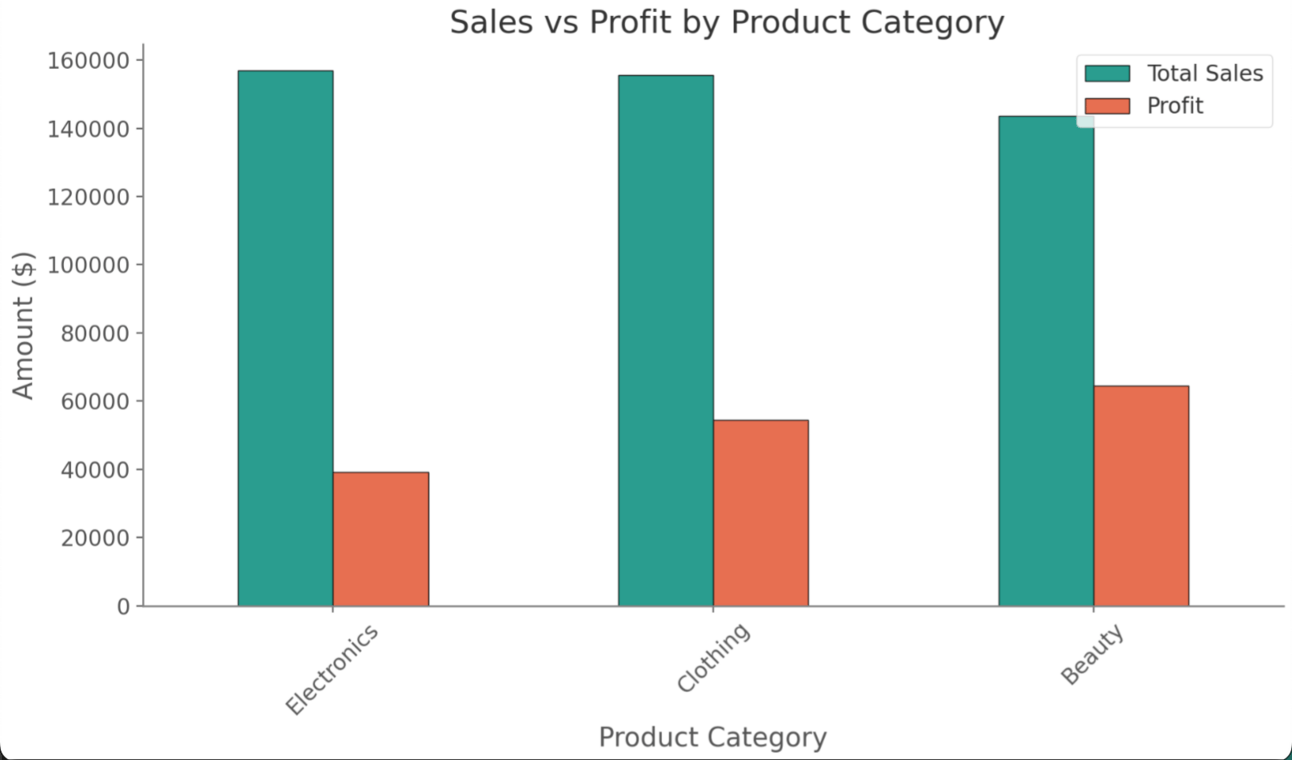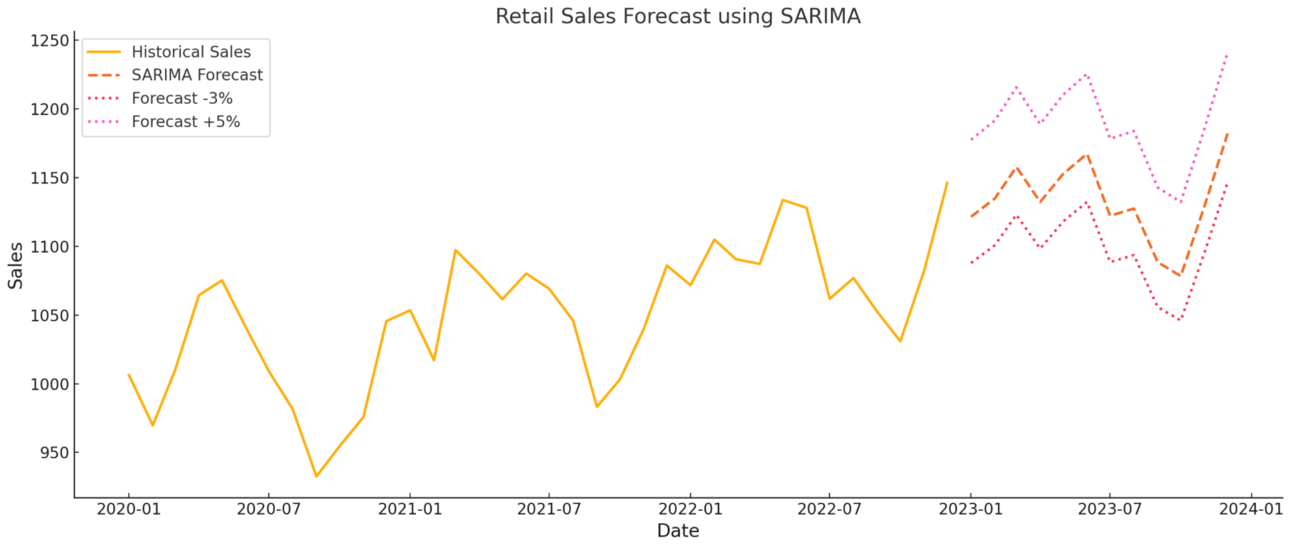
Welcome to another edition of the Neural Net!
In today’s edition: GenAI disruptive to high education jobs, how to use AI for data visualization, OpenAI interested in Chrome, AI-assisted movies welcomed at Oscars, an AI startup built by cheaters, for cheaters, and AI Venture Capital heats up.
▼
📈 The Street

note: stock data as of market close
▼
🎓 Rethinking College in the Age of AI

For decades, a college degree was the passport to a better job, a higher income, and some semblance of security. But now, the value of that passport is being threatened.
A new survey from Indeed found that nearly half of Gen Z job seekers believe their degree has been devalued by AI tools like ChatGPT.
The data backs them up. Indeed reported that more than half of job postings in the U.S. no longer mention any education requirement at all. Just five years ago, that number was under 50%. And only 17.8% of job listings now require a 4-year degree—good news for the 64% of Americans without one. The bachelor's degree is no longer the gatekeeper—it’s becoming optional fine print.
Why? Two forces are converging:
Skills-first hiring is going mainstream. Employers are finally realizing that a diploma doesn’t always correlate with ability.
AI is vaporizing traditional job descriptions. When a chatbot can outperform entry-level tasks, a college transcript starts to feel like the wrong filter.
⚠️ Higher Education Equals Higher Exposure
Hiring Lab analyzed over 55 million U.S. job postings and assessed how well GenAI could perform each required skill—rating them from “poor” to “excellent.” The more tasks AI could perform well, the more likely that role is to be disrupted by AI automation.
But here's the twist: the jobs most exposed to AI are the ones that required the most education.
Software engineering, data science, mathematics—fields that demanded 4-year degrees (or more) are now facing an existential threat from their own creation.
We’re watching a historical inversion: the more education a job requires, the more automatable it’s becoming.
Ironically, driving is one of the least exposed jobs to AI disruption—despite the push from companies like Tesla and Google’s Waymo to make autonomous vehicles mainstream.
Meanwhile, cleaning and sanitation also remain stubbornly human. We’ve got AI writing code and drafting emails, but still no robot capable of picking up after your dog.
📚 AI’s Next Stop? Your Little Brother’s Classroom
Meanwhile, President Trump’s latest executive order pushes AI into K-12 classrooms.
While recent grads are wondering what their degree is worth, 8th graders are about to see Claude integrated into their math class. The future workforce is being trained earlier, cheaper, and with a totally different skillset.
So what happens to the traditional college model?
College isn’t going anywhere—but curriculums will need to change to keep up. It becomes one of many paths, not the default one.
The prestige premium of a diploma is fading. What matters now is agility: your ability to learn, adapt, and collaborate with machines—fast.
▼
💡How To AI: Let AI Summarize Your Data Like a Boss
Prompt: “Help me visualize this data”
No time (or energy) to dig through data? Upload your spreadsheet and let the LLM act like your tireless data intern. It’ll surface high-level trends, spot anomalies, and even flag metrics worth a second look—without you having to build a single pivot table.
Here’s a sales vs. profit analysis from a public retail dataset. The LLM suggested comparing revenue to profit—revealing that high sales don’t always mean high returns. In this case: Electronics sell, but Beauty delivers the margins.

It’s not perfect (so don’t go straight to the CEO)—but with a single prompt and a few seconds, you can turn raw data into real insight. It can also help kickstart deeper thinking about your data.
Here’s another example building on the dataset, this time getting more technical.
Prompt: “Create a 12-month forecast with -3% and 5% growth scenarios”
Voila—machine learning is now this accessible. Not only can you build forecasts in seconds, but the LLM can walk you through the fundamentals of data science and create different scenarios.

▼
Heard in the Server Room
OpenAI is eyeing Google Chrome as potential shopping cart candy should regulators force a fire sale following the tech giant's antitrust smackdown. Executive Nick Turley took the stand for the DOJ, where he testified about Google's search dominance and a rejected ChatGPT collab that could've been the hottest tech crossover since peanut butter met jelly. This is on the heels of reports surfacing that OpenAI is in the process of developing its own social media platform. Looks like Sam Altman is playing “keeping up with Musks.”
AI got its SAG card! The Academy just declared that AI-assisted films are officially Oscar-eligible, though they stressed that human artistry remains the determining factor in who takes home those coveted gold statues. While generative AI has already quietly contributed to several award-winning performances, its growing role in Hollywood continues to spark heated debates about creative ownership and authenticity. Despite new safeguards following the 2023 strikes, many industry creatives remain concerned about potential misuse of their likenesses and the implications for artistic integrity.
Two Columbia students got suspended for cheating on coding interviews—and flipped it into a $5.3 million startup. Chungin "Roy" Lee and Neel Shanmugam built an AI tool that feeds answers during interviews, earning them academic exile but venture capital glory. Now rebranded as Cluely, their software hides a ChatGPT-style assistant in a secret browser window, like having a nerdy ghostwriter whispering in your ear. Columbia wasn't impressed, but investors clearly were—the company's already pulling in $3 million in annual revenue from people desperate to ace their technical interrogations.
▼
💸 Venture Capital Doubles Down On AI While Wall Street Retreats

The Venture Capital AI sector is off to a strong start in 2025, following a record-breaking 2024 where 49 startups raised $100M+ funding rounds. It looks like 2024’s strong momentum is carrying forward!
In just the first few months of 2025, more AI megarounds have closed compared to Q1 last year.
Leading the charge is Foundational AI investment, with OpenAI raising $40B and Anthropic $3.5B. Other notable raises include SandboxAQ ($450M), Runway ($308M), and Lambda ($480M).
The funding covers a wide range of sectors with some familiar patterns—a strong showing from AI infrastructure (like Together AI and Celestial AI), a dose of healthcare (Abridge, Hippocratic AI), a couple of legal tech contenders(Harvey, Eudia), and a burst of science-driven AI (Insilico Medicine, Lila Sciences).
🤔AI Stocks Are Down, But Private Investment Is Up—Why?
It signals a disconnect between short-term market sentiment and long-term conviction.
Public markets are reacting to macro trends—interest rates, economic uncertainty, tariffs, hype fatigue. But VC’s and strategics are still pouring money into AI because they see foundational shifts happening behind the scenes:
Infrastructure is being built
Talent is consolidating
Real business use cases are emerging
Investors are betting that AI will reshape entire industries, and they want to be in early. So even if Wall Street’s having second thoughts, Silicon Valley isn’t blinking.
▼
That’s all for now—enjoy your weekend and we’ll see you Tuesday with more neural nuggets.


